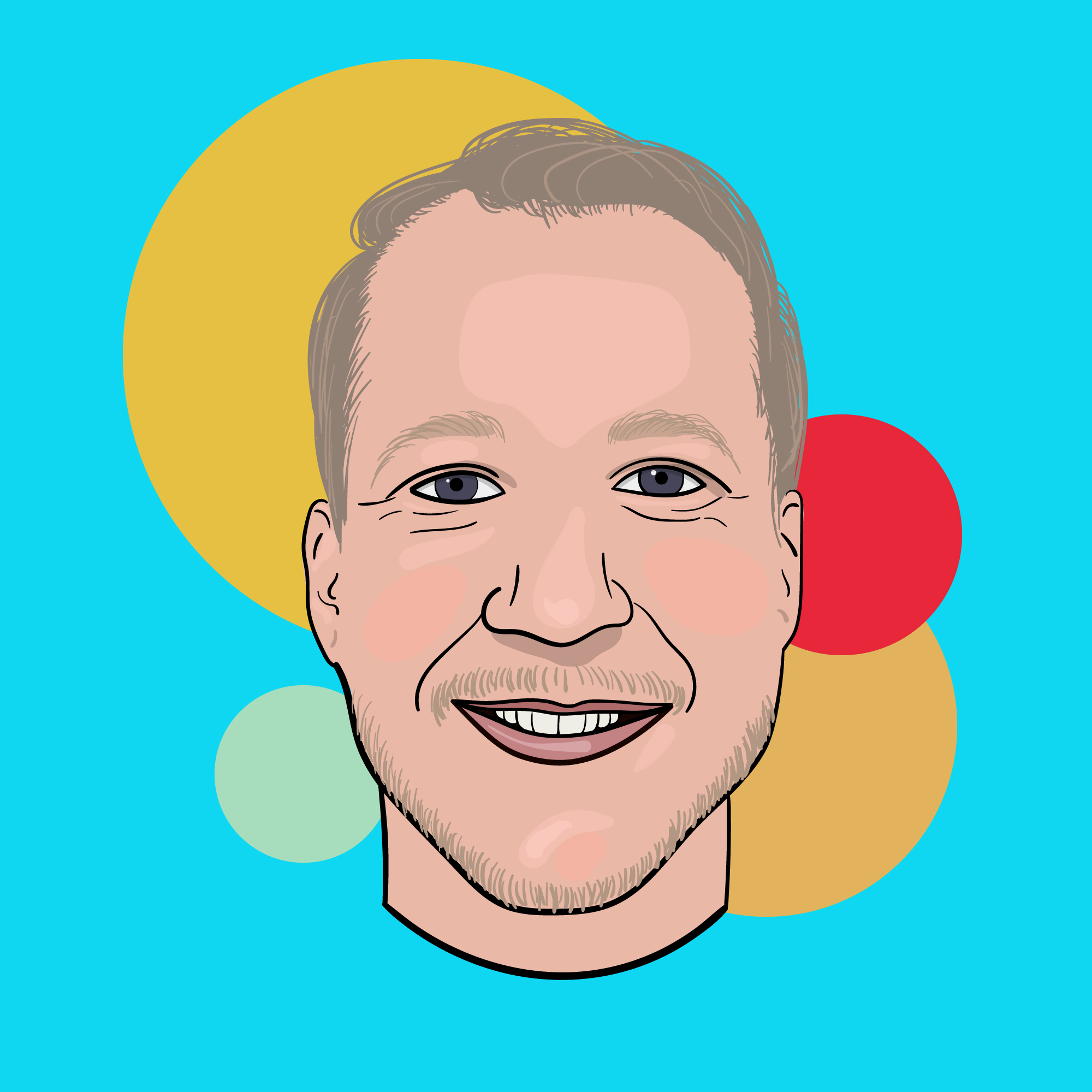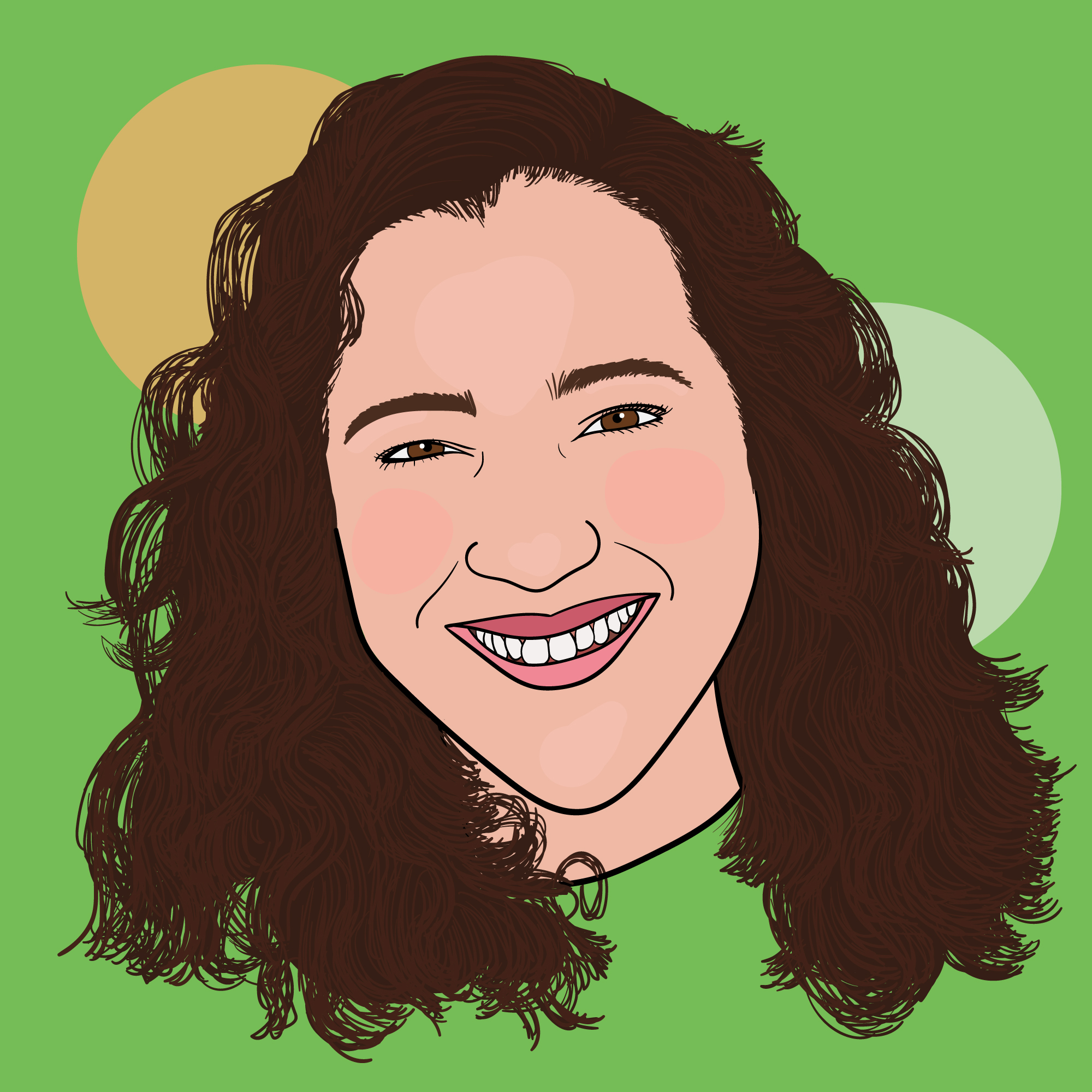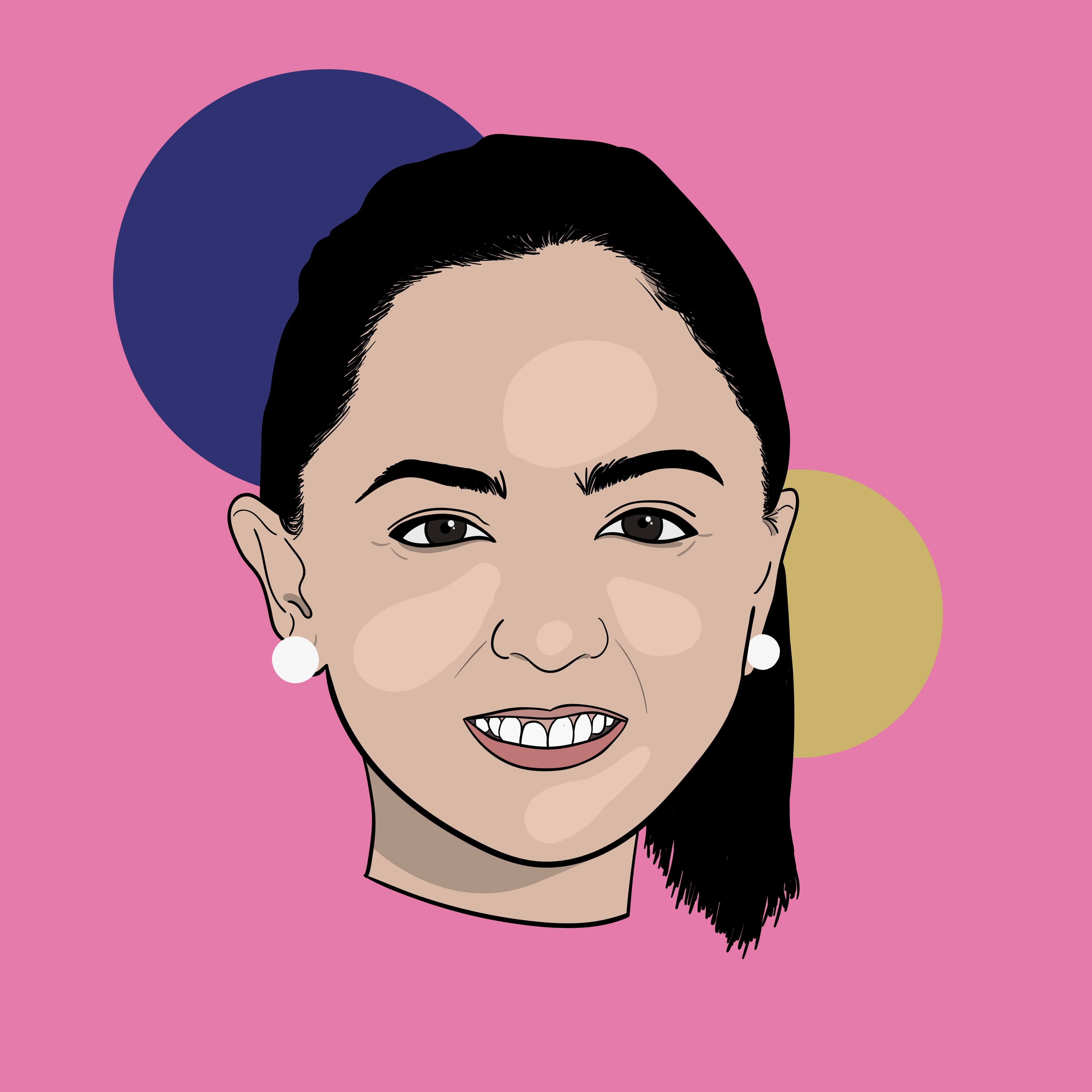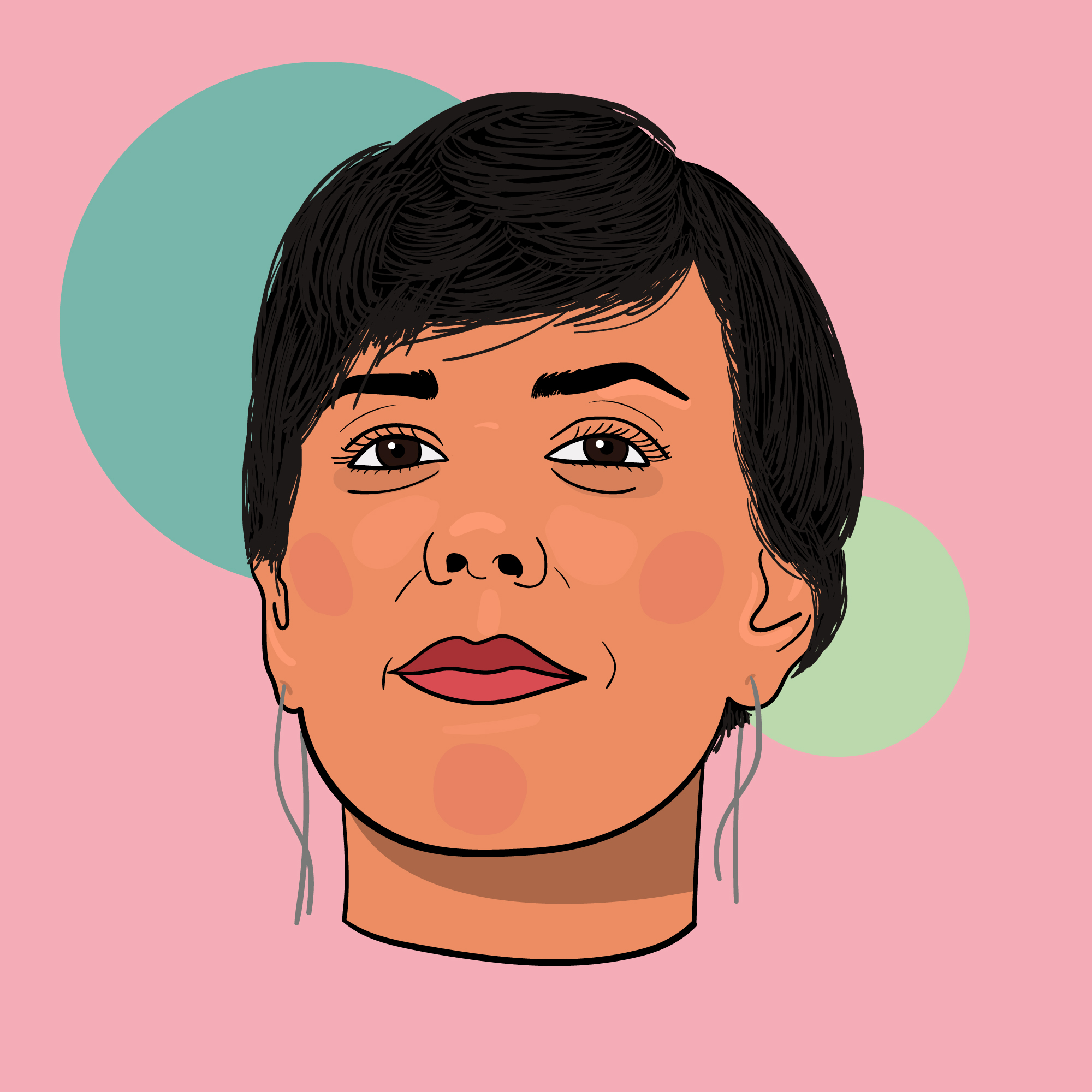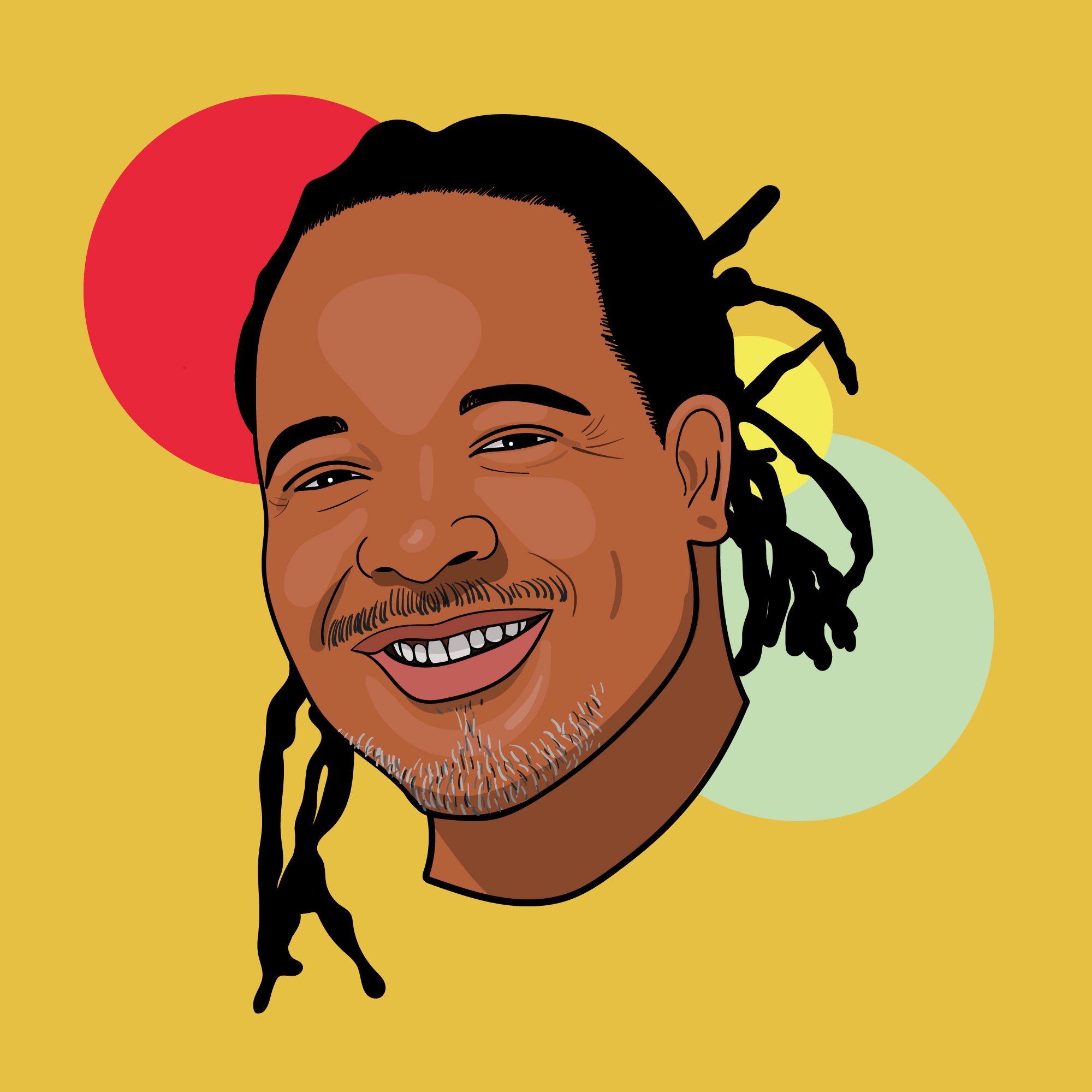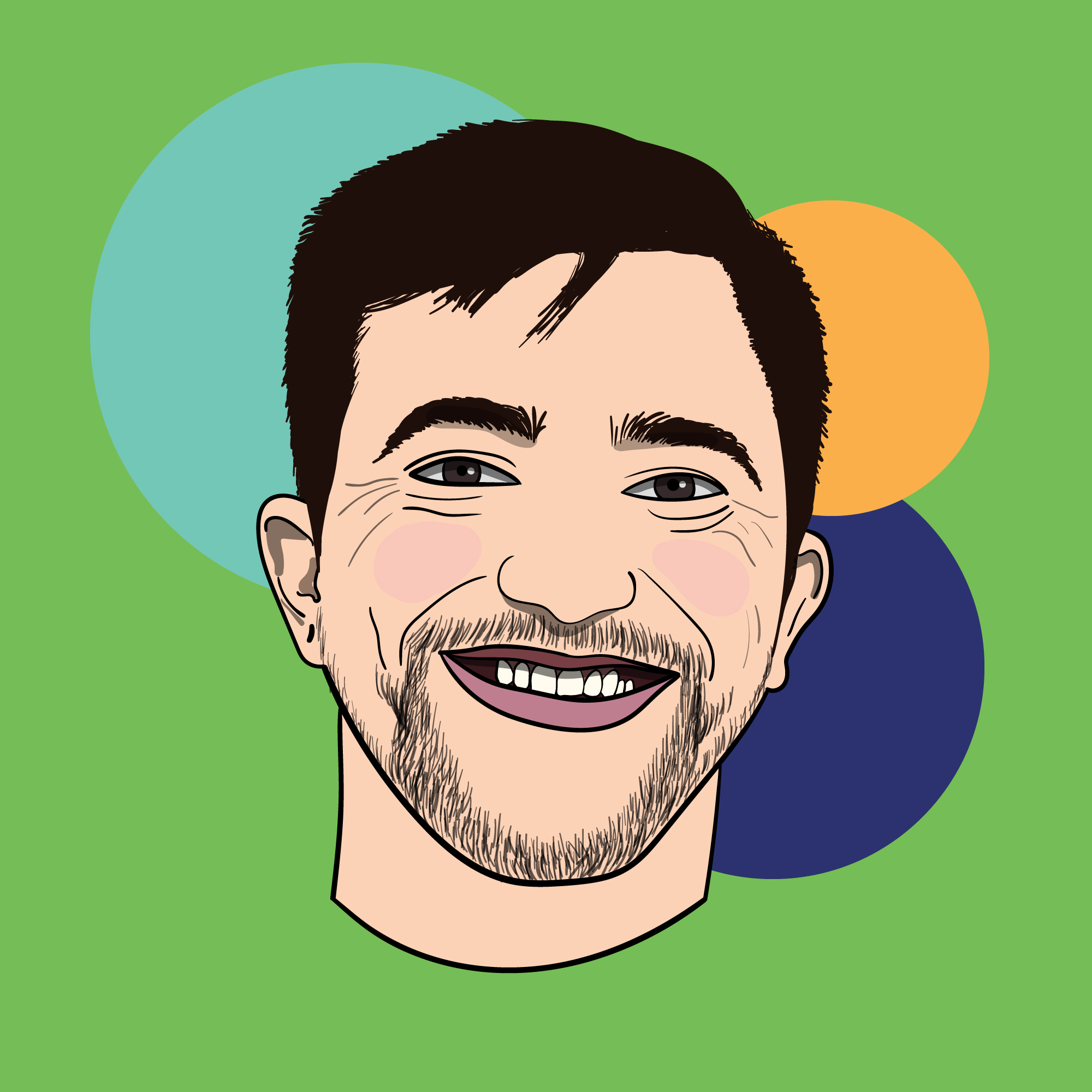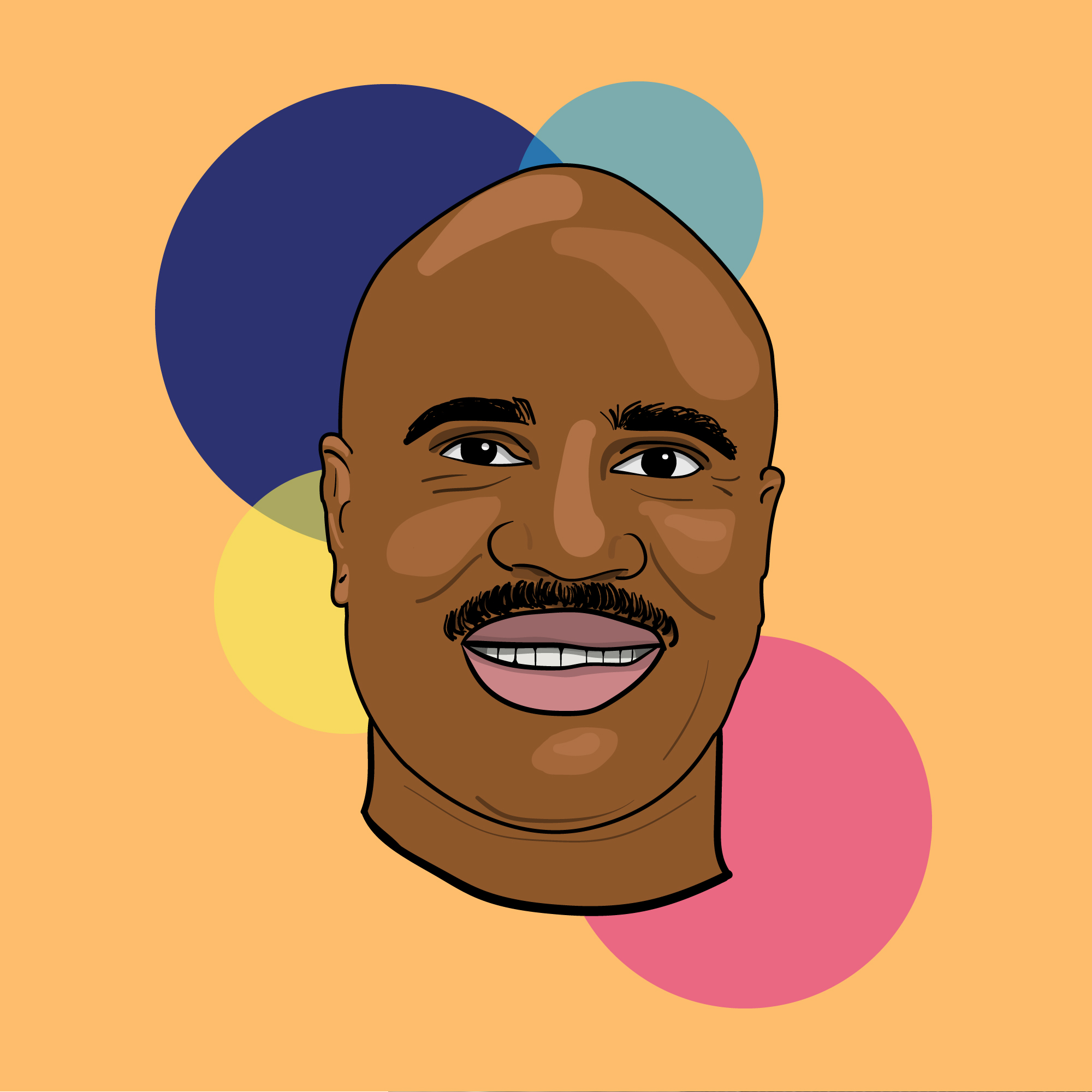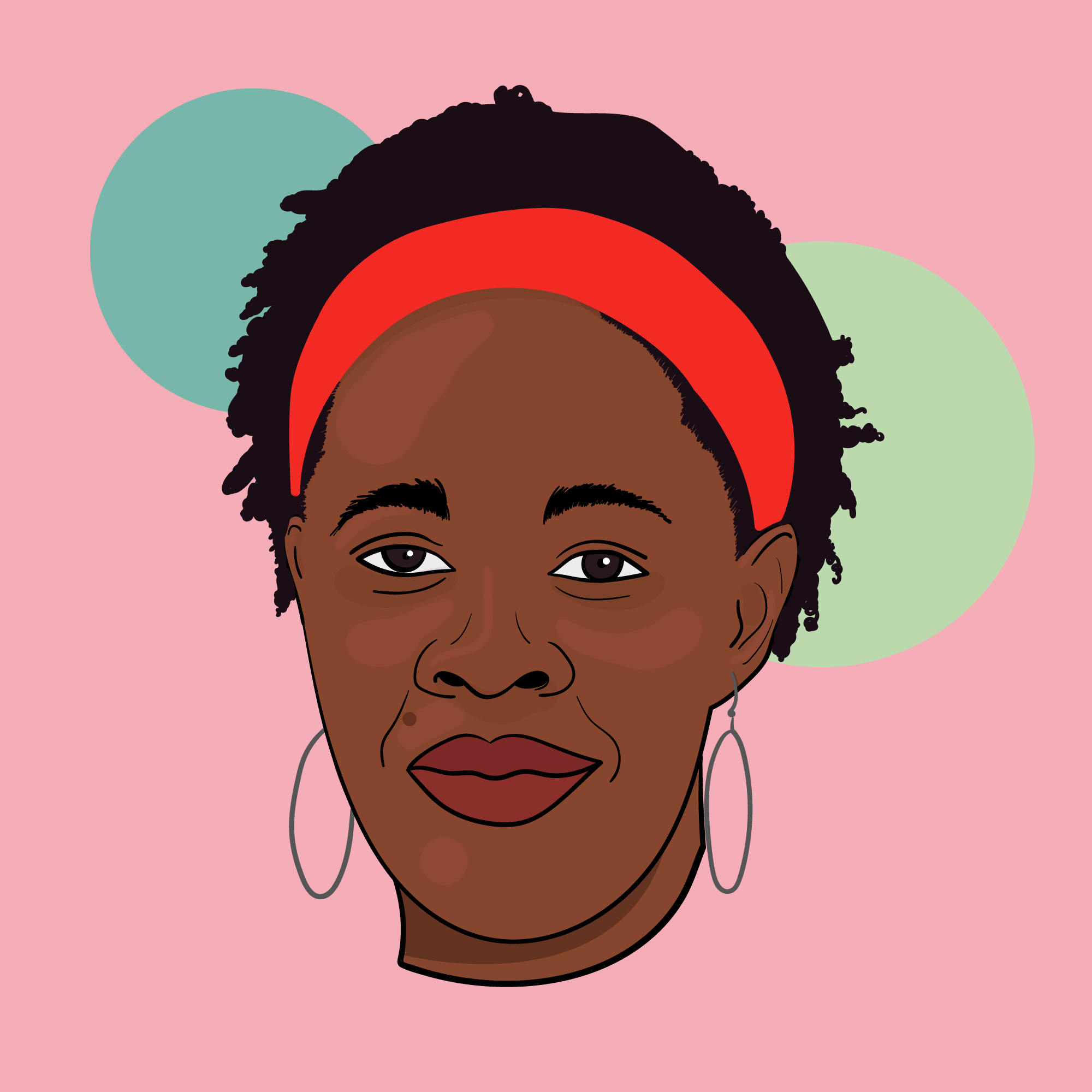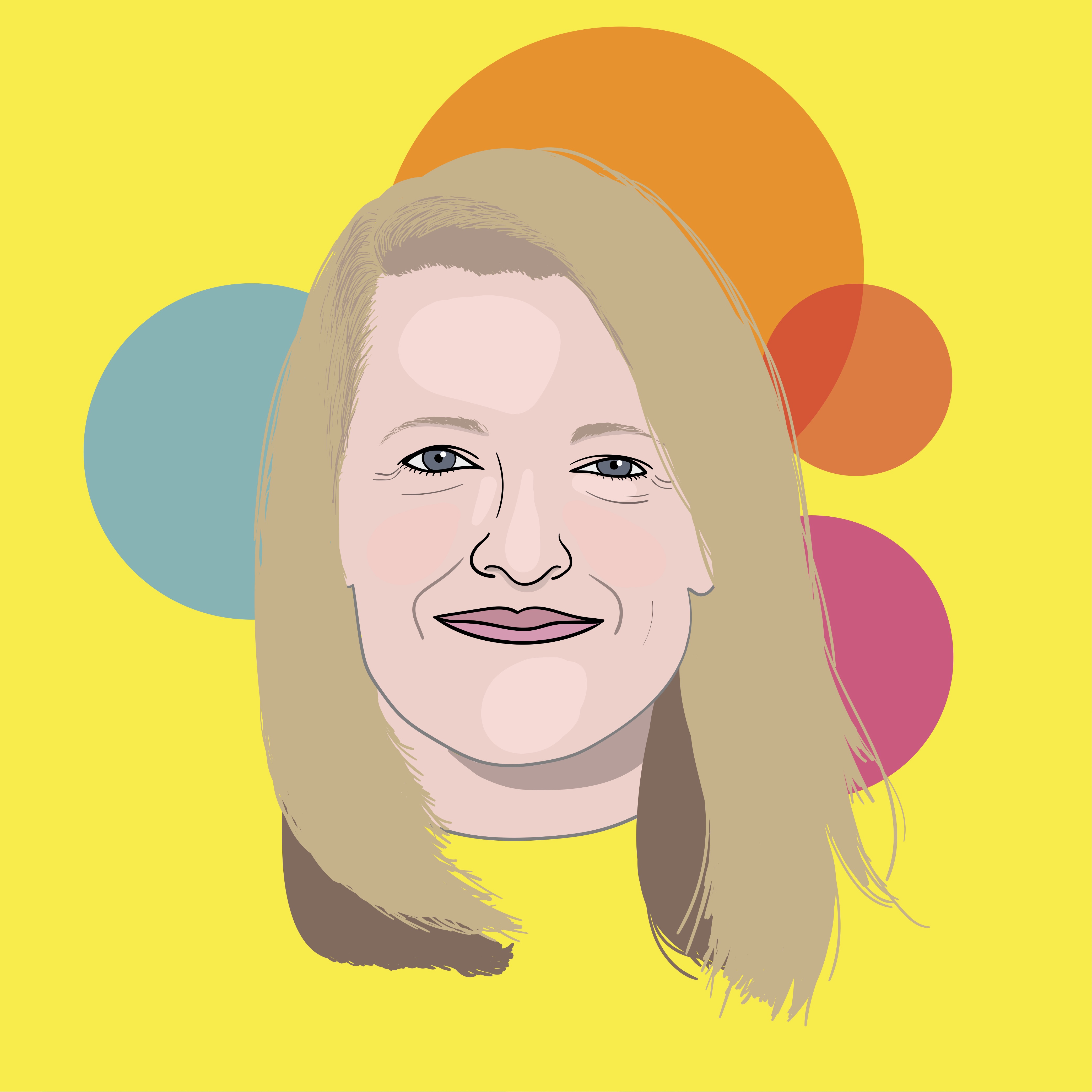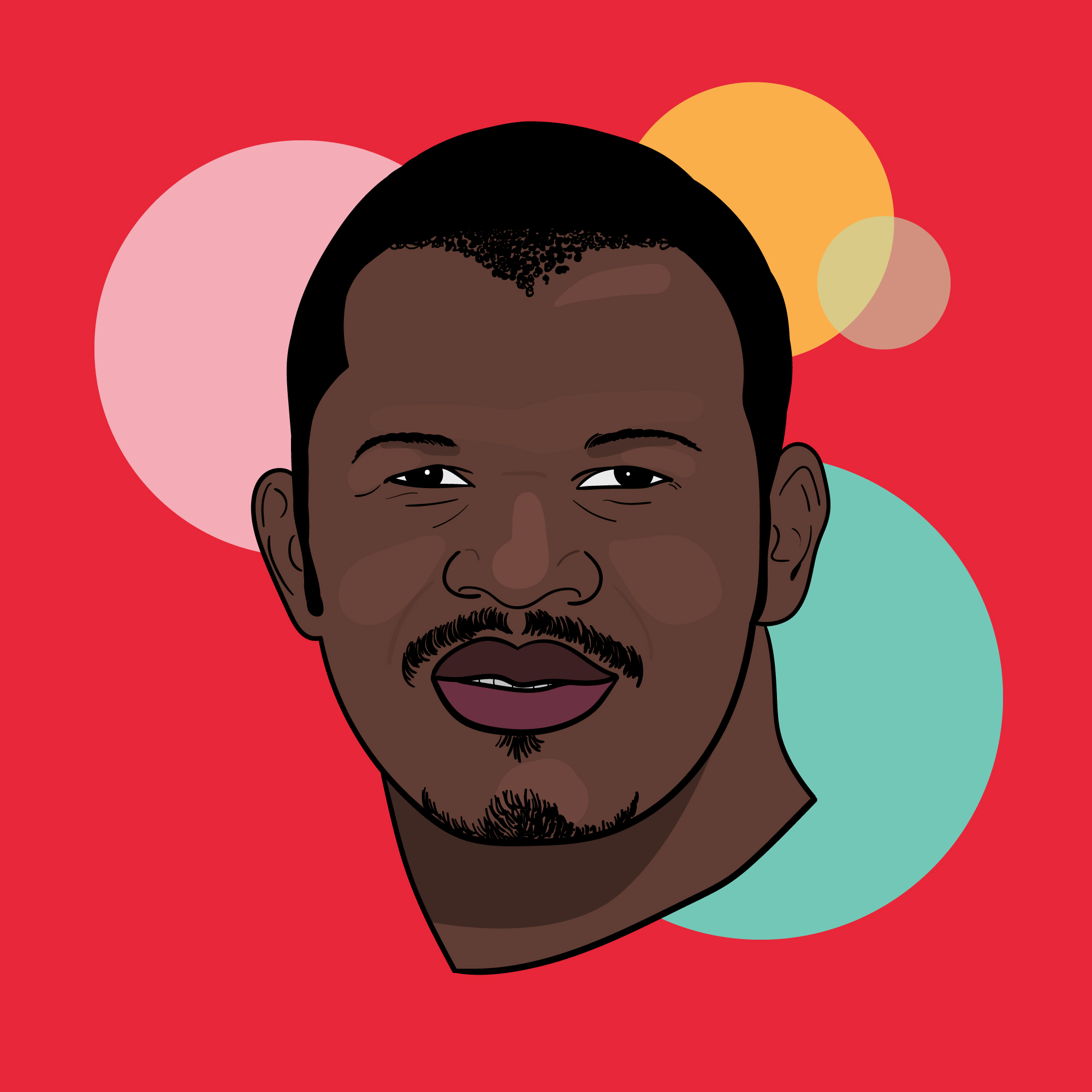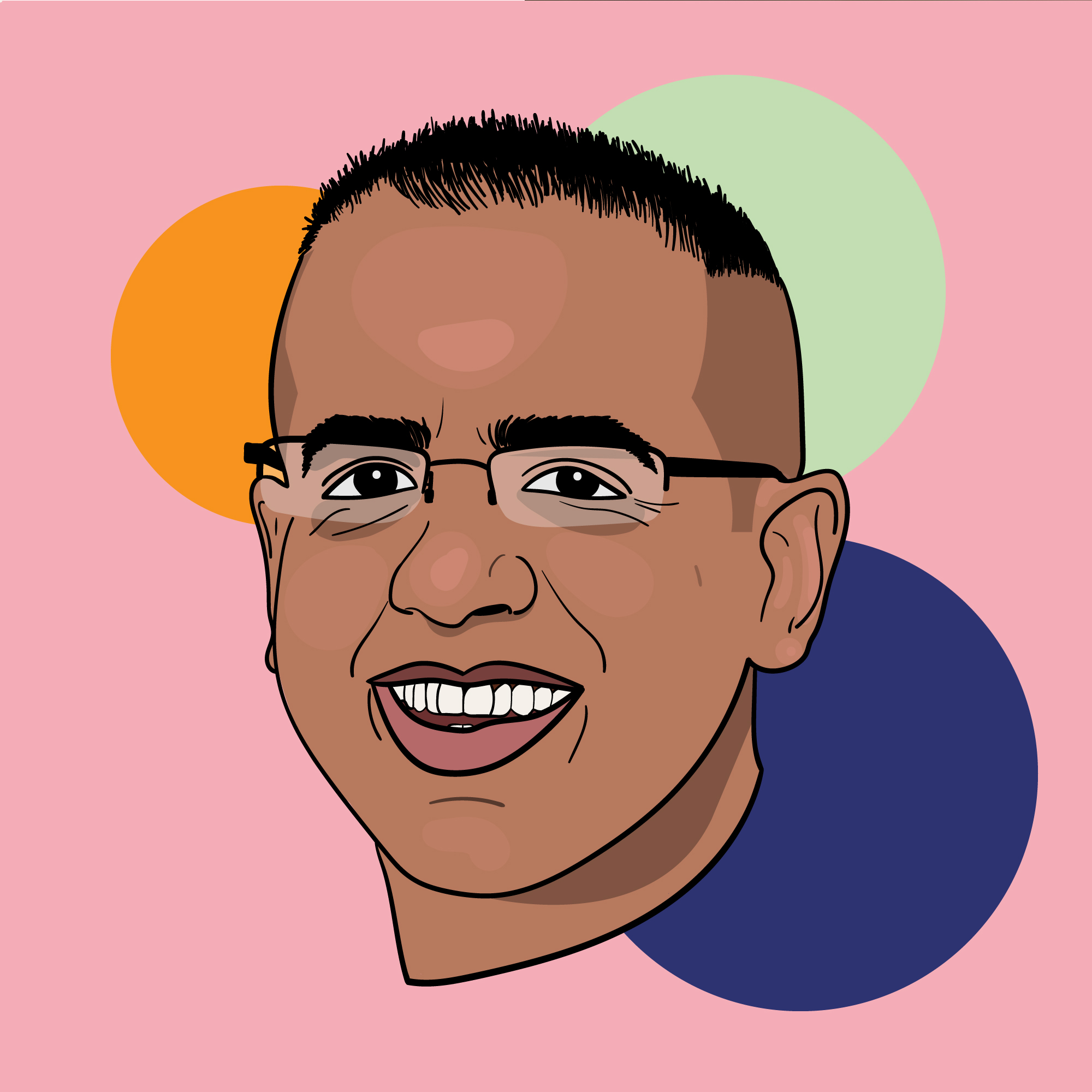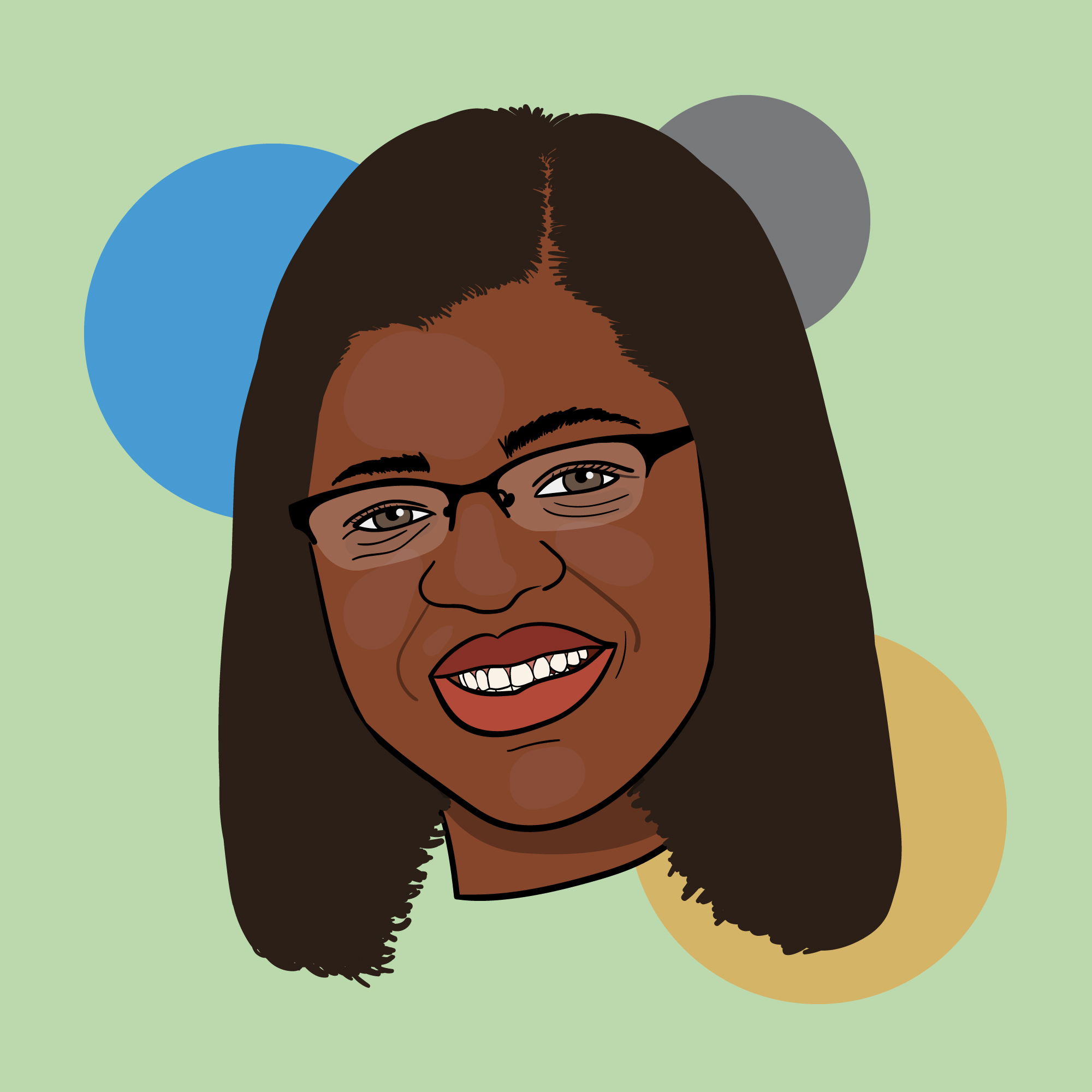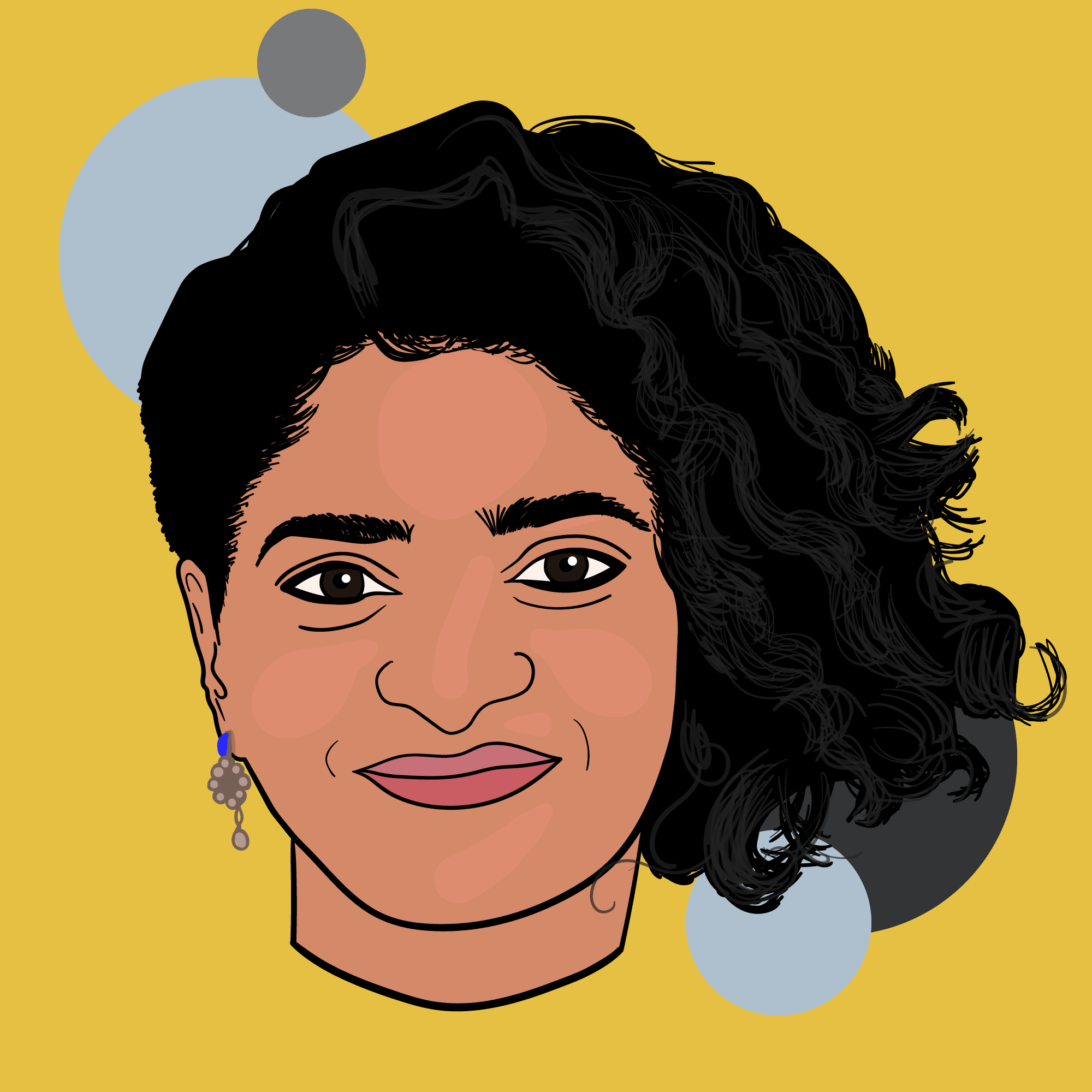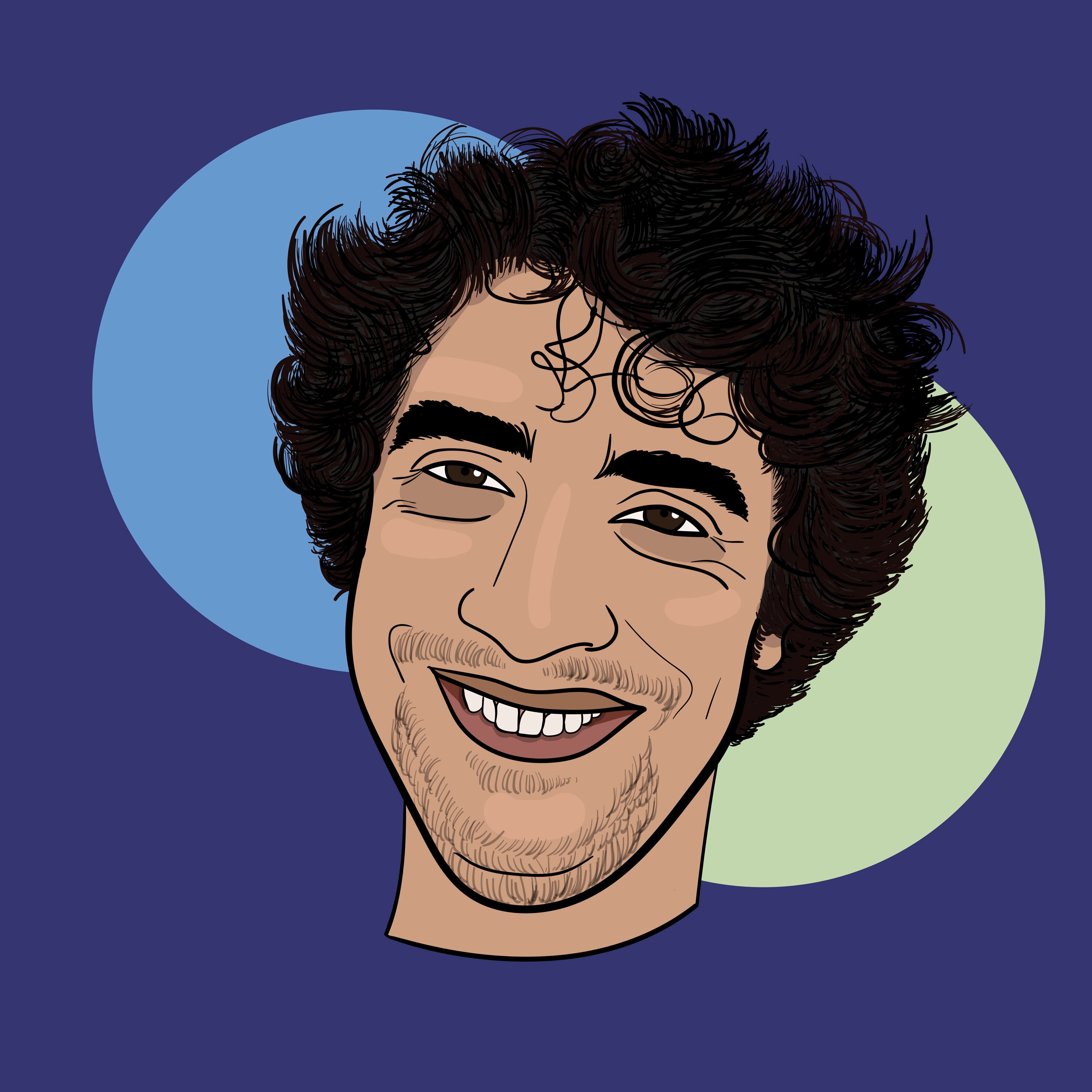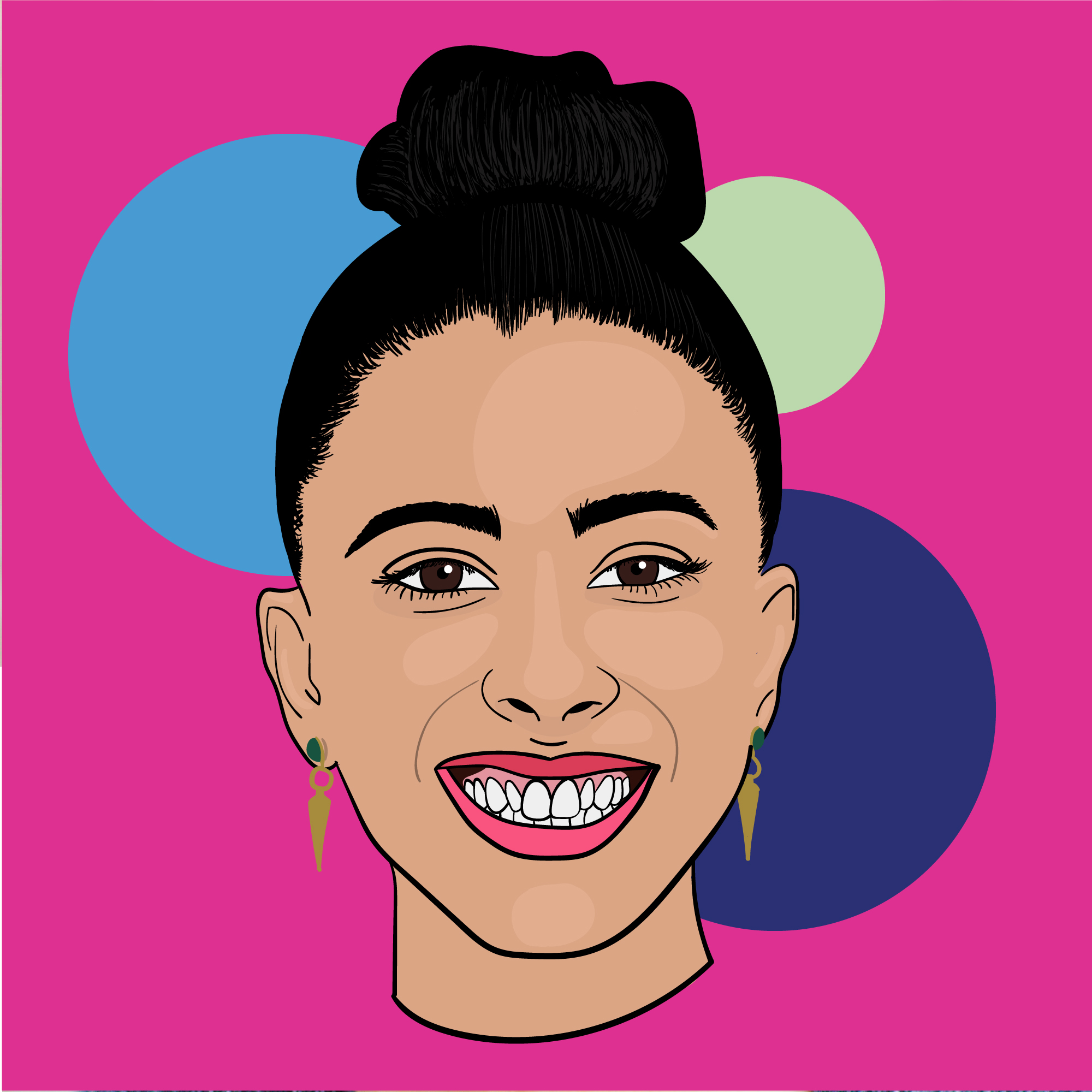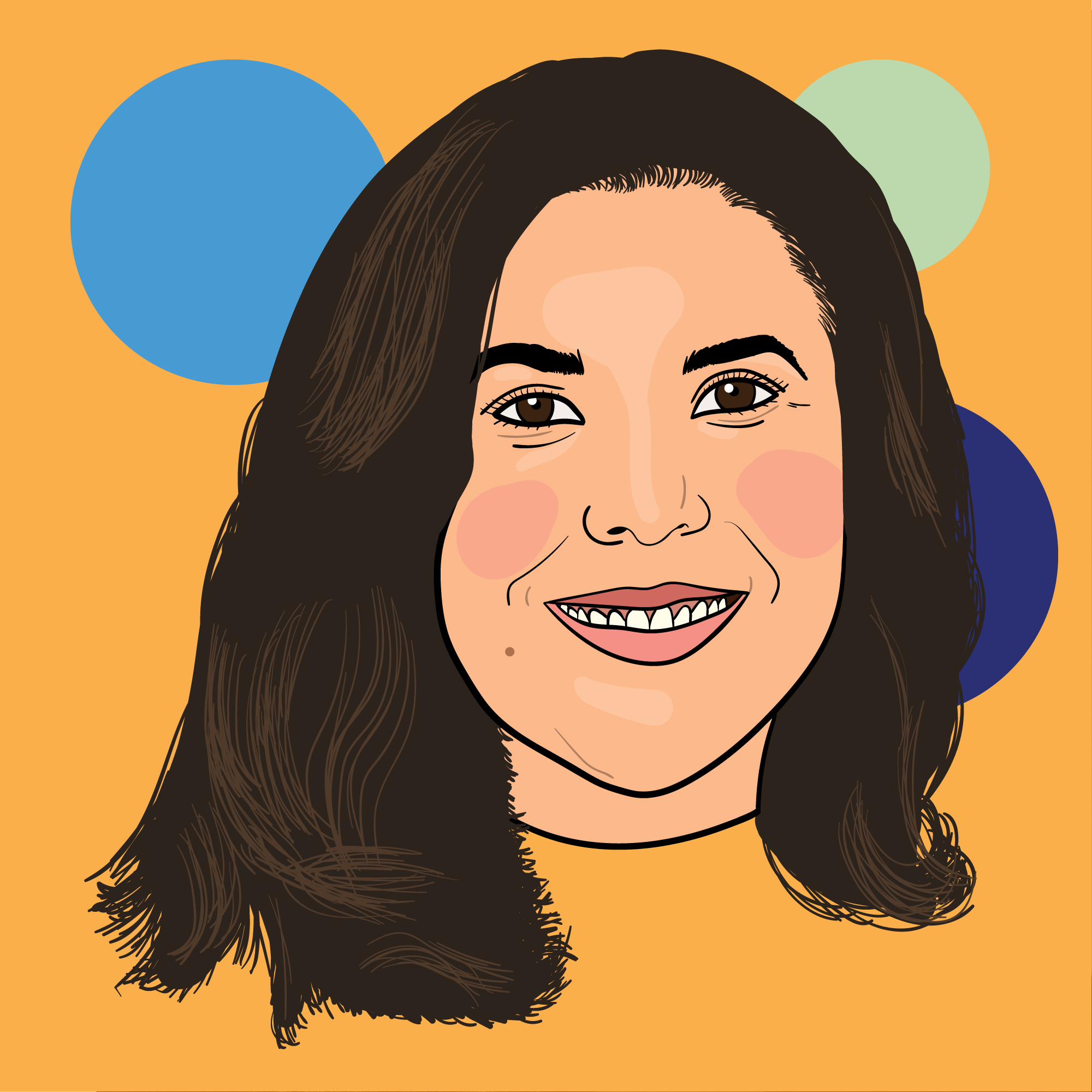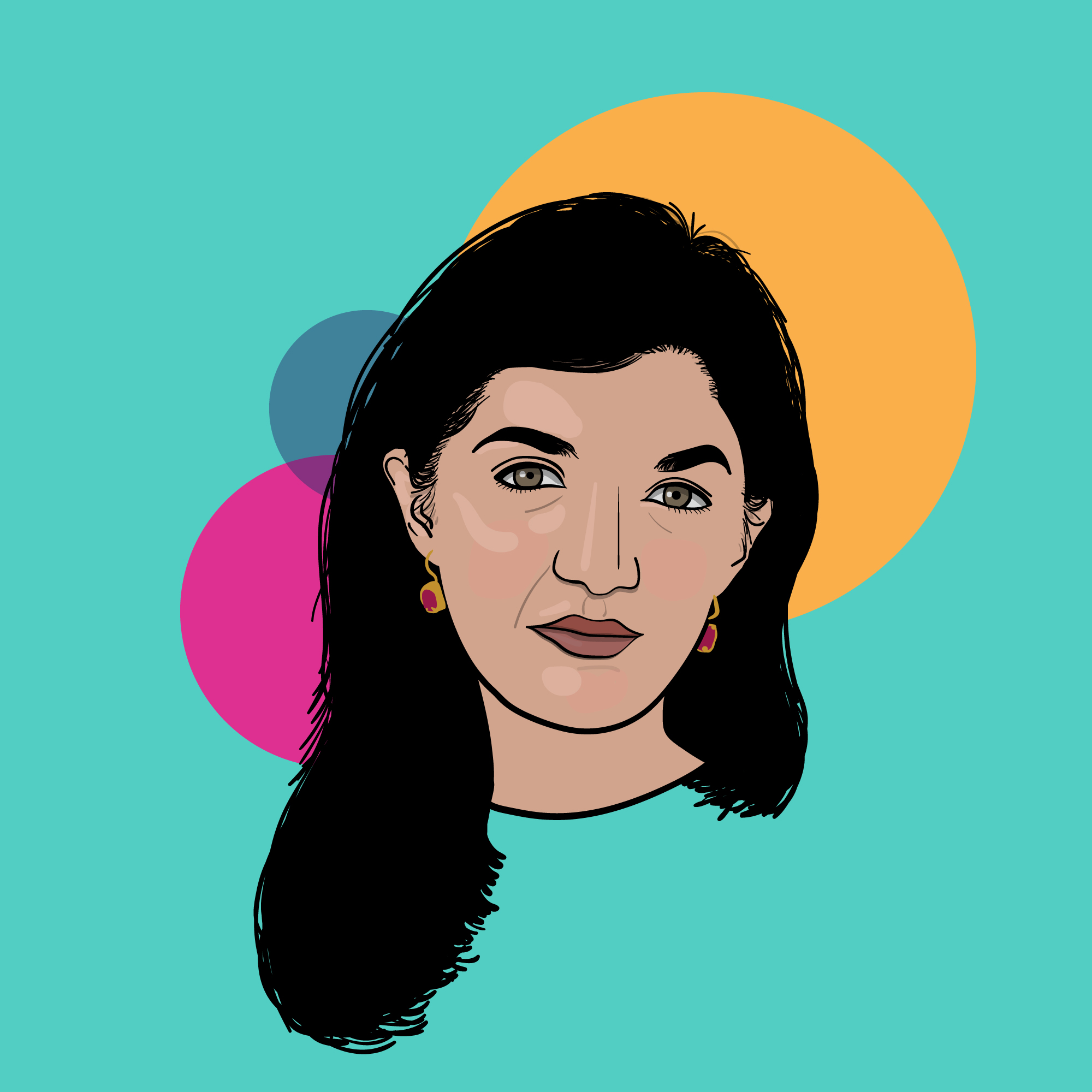Sasha Fisher

Top-down development programs have sidelined citizens for decades, wasting aid dollars on projects where the people meant to benefit are not engaged and programs are designed without their input. This results in programs falling apart quickly. Since the 1990s, global aid actors have embraced a more community-driven approach, through participatory programs—but community financing still often comes as block grants, which are captured by local elites or go completely unused. And there is little investment in facilitating communities to inclusively allocate community capital.
Spark (Opens in a new tab) is pioneering a capacity-building approach to community-driven development, mixing grassroots organizing and village funding to stimulate community selected, designed, and implemented programs. Its Facilitated Collective Action Process (“FCAP”) trains in-country college graduates to facilitate six months of townhall-style weekly village meetings, recruiting neighbors to elect first-time leaders, choose a project, back a proposal, and receive $8,000 to complete it. Its work has affected 200,000 people in more than 160 villages in five sub-Saharan countries, building a culture of collective action: 90% of groups meet regularly after Spark (Opens in a new tab) leaves, 77% launch more projects, and scores of “alumni” now hold local office. Spark (Opens in a new tab) also trains local governments, CSOs, and funders to use FCAP, further changing democratic structures and aid paradigms—for example, the Government of Rwanda has asked Spark (Opens in a new tab) to bring FCAP to every village in the country, as part of its national decentralization policy.
Spes Nihangaza & Allen Makabayi
